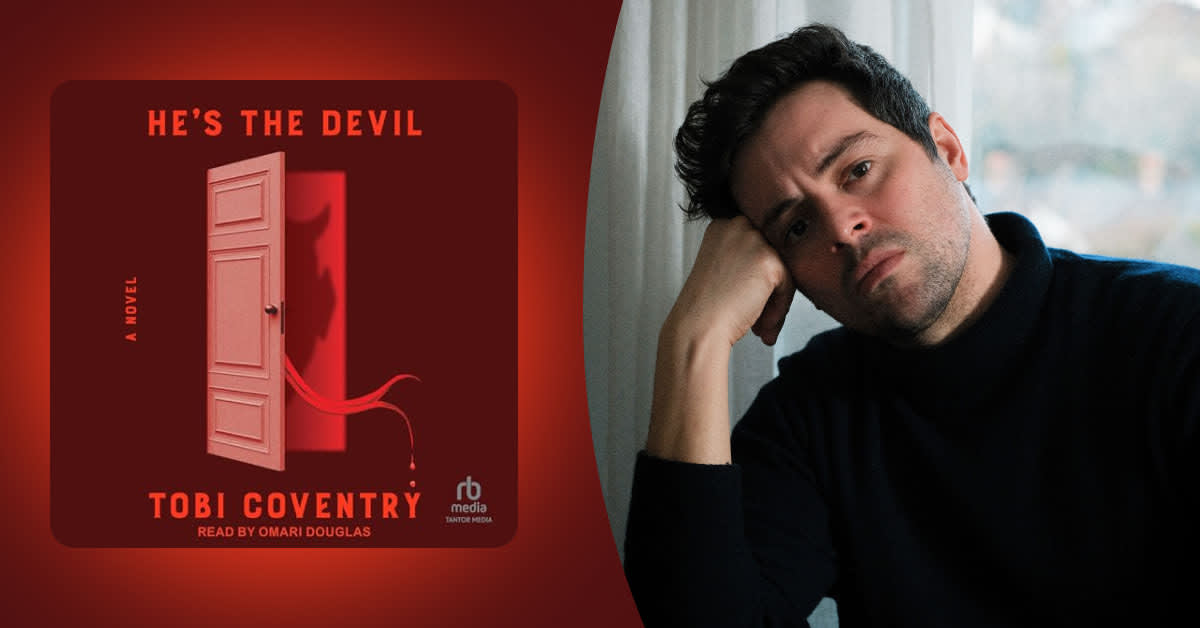From the co-author of The Nanny Diaries, The Best We Could Hope For takes place in the same affluent New York City neighborhood, but is something completely different. It’s a dark tale that explores generational trauma, a broken family, and the women who knit together the remains. Here, writer Nicola Kraus talks about her inspirations, and what she hopes listeners take away from the story.
How does The Best We Could Hope For differ from your other novels, especially The Nanny Diaries and Nanny Returns?
I grew up on Park Avenue. Only because in 1977, already eight months pregnant with my little sister, my mom managed to find a sunny, rent-controlled two-bedroom in a slightly run-down Bing & Bing building on the corner of 84th Street. Jackpot! But my dad is a bookseller, and my mom had been a research librarian. So, I always felt slightly apart from, and fascinated by, the affluence around me. My mom scoured the local thrift shops for our dresses and bought our school uniforms secondhand. I could have been consumed by jealousy. But quickly it became clear that even the girls who had more Barbies than I would ever be able to imagine and the Dream House and the Corvette were unhappy—and angry. I remember reading The Secret Garden in third grade and starting to make the connection between children who were sullen or withdrawn or hostile and emotional neglect, even though I didn’t have those words yet.
By the time we were teenagers, so many kids across our interschool network were acting out spectacularly in ways that I found riveting. It was a cold, sooty, New York version of Less Than Zero. Then I became a nanny in that same neighborhood.
"They say comedy = tragedy + time. This novel is set in the present tense. The comedy hasn’t arrived yet."
I love reading social satire, and I still can’t believe that I had the privilege of contributing to the canon. All these years later, having raised a child in New York City myself, I still stand by every word of that book. And Nanny Returns was so prescient. The changes in private schools since parents started to consider them an extension of their household staff has been staggering. But with this novel, I wanted to return to the kind of writing that I had been doing before Emma [McLaughlin] and I started working together. There was so much that I was holding in my heart and mind over all these decades that didn’t have a place inside of our shared voice.
So, while this novel is set in the same world that I grew up and later worked in, it is drawn from a different set of experiences and perspectives. They say comedy = tragedy + time. This novel is set in the present tense. The comedy hasn’t arrived yet.
This story does a deep dive into the ways family secrets and family dysfunction breed generational trauma. How do you think the love, especially between sisters, can help people heal—on an individual level and as a family moving forward?
What became extremely clear to me when I started nannying was that the families I was working for had completely lost sight of the most valuable thing in their home: this magical, wildly entertaining joy bomb that was their toddler. I left that experience with such a clear mandate for my life: Love! Be loved!
But you have to choose it. Love is more than a feeling. It’s a skill set. You might have to teach yourself how to stay in that place of vulnerability. In the novel, there are sisters of the Baby Boom generation who don’t know how to keep choosing each other, who succumb to their emotional wounds rather than fighting to find a way through them. There are also cousins in Gen X who do find a way, even through the pain and disappointment, to keep connecting, to keep finding a way to love and be loved. That heals them.
What do you hope listeners will take away from The Best We Could Hope For? Is there a lesson to be learned?
In recent years, people would often say to me of someone that they had lost, that they had deep regrets about forgiveness unextended or forgiveness unsought.
In my mind, it is never too late to seek or extend forgiveness. It is never too late to say, I love you. We can keep growing and changing and making new choices all the way to the end of our lives—and beyond.




